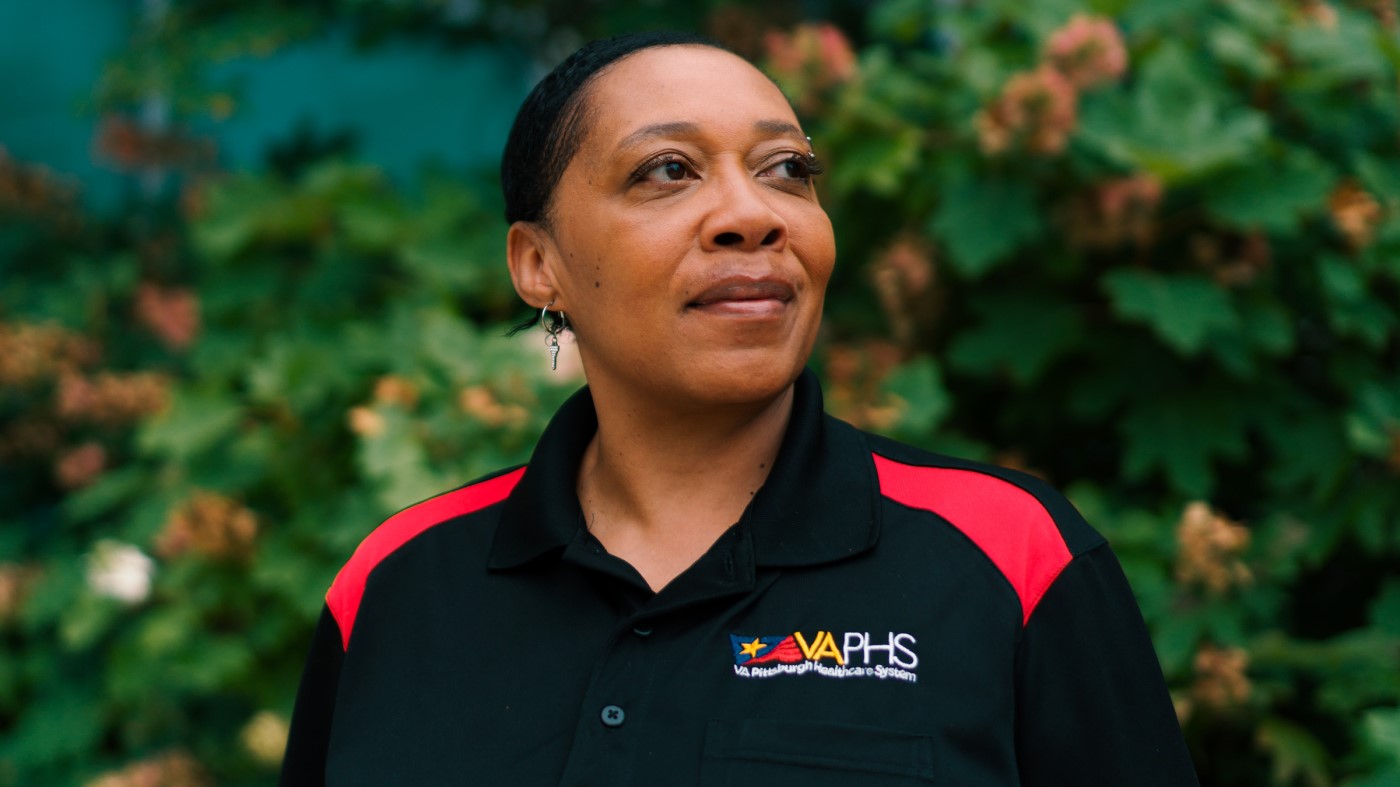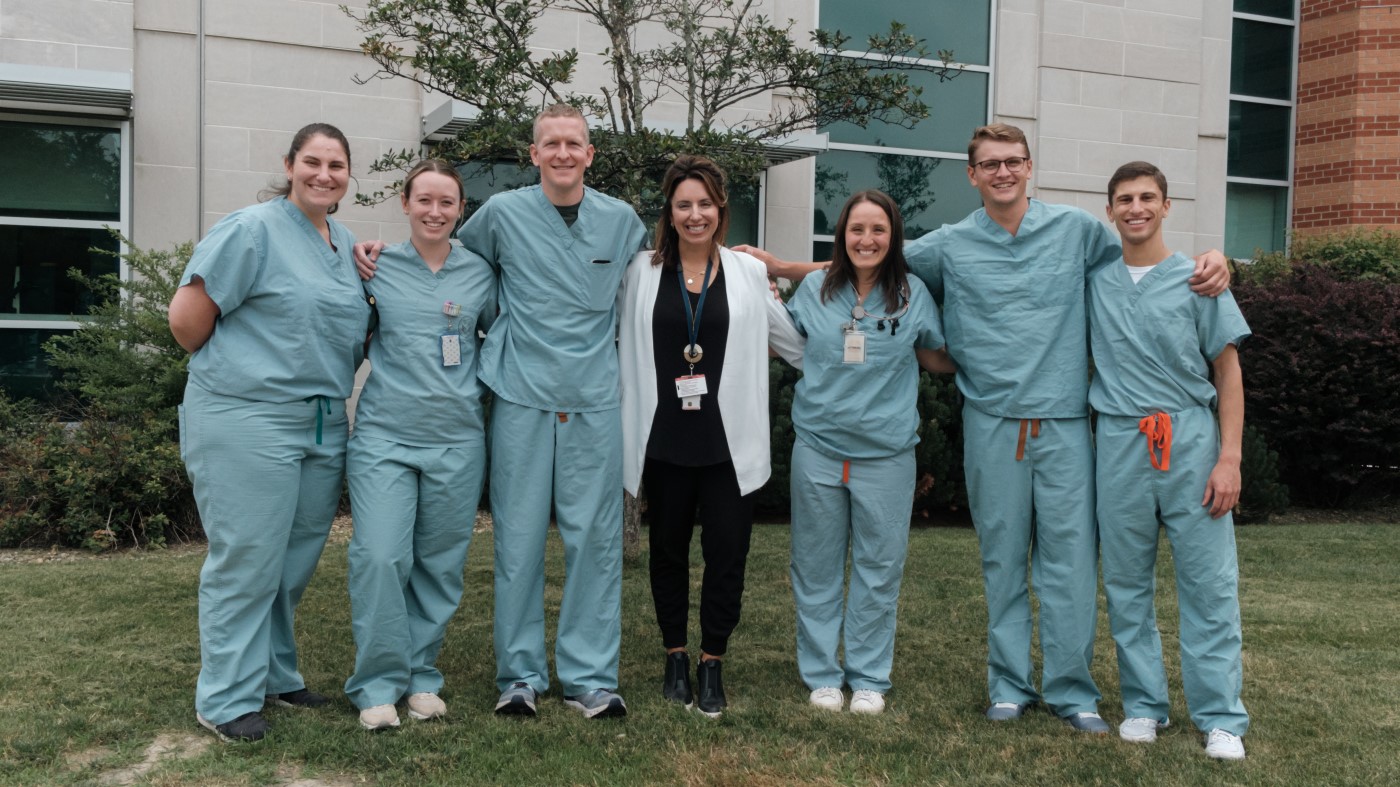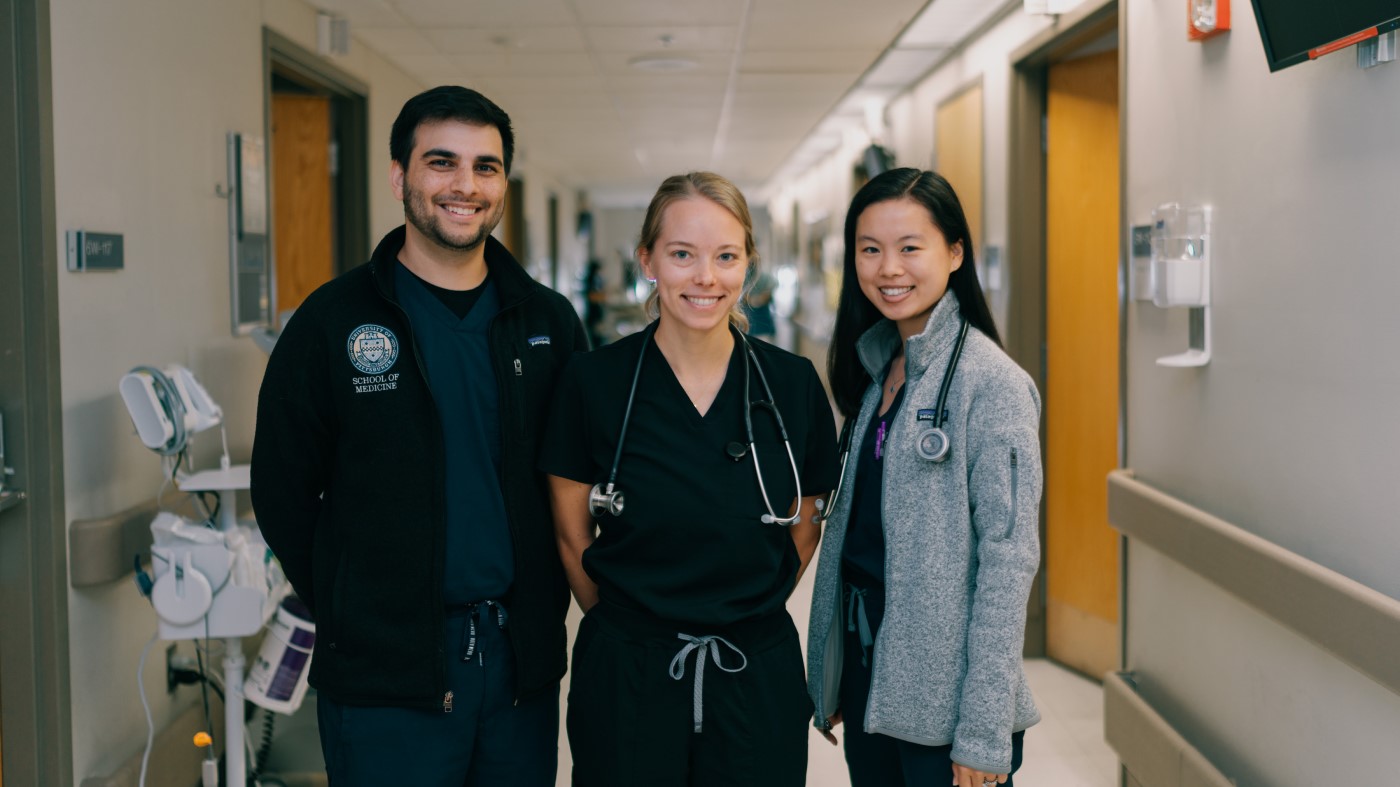It’s been a tough year, particularly for those on the frontlines of health care. At VA, we encourage you to make your mental health a priority, just as we do for the Veterans in our care.
Federal workplaces like VA have always fully supported employees in caring for their mental wellness, and that has taken on greater importance during these challenging times.
“There are things we did to cope in the past. Remember those things and do [them]. Be hopeful. We’re going to get through this,” said Dr. Ken Jones, chief of psychology service at the Southeast Veterans Health Care System.
Providers in this health system are being evaluated on the Perceived Stress Scale, a widely used psychological tool for measuring the perception of stress. VA staff also can enroll in a six-session stress management course.
We also encourage employees to take advantage of wellness resources already in place, like employee exercise programs, yoga and tai chi. You can contact VA’s confidential Employee Assistance Program (EAP) to help you manage stress and anxiety, and the Federal Employees Health Benefits Program also offers generous mental health coverage and can help connect you with a counselor or psychiatrist.
You can’t care for others if you don’t care for yourself first. As the American Medical Association reminds us, it’s like an airline asking you to put on your own oxygen mask before helping others in an in-flight emergency. Here are some tips to consider:
- Develop and use coping strategies. Make sure you take time between shifts to focus on yourself. Use coping strategies that have worked for you before to manage stress, advises the World Health Organization. Get enough rest, exercise, eat well and practice deep breathing, Dr. Jones recommended. The VHA National Center for Organization Development recommends trying to take breaks from stressful situations if you can. Headspace, a meditation and mindfulness app, is offering free subscriptions to any U.S. health care professional with a National Provider Identifier through the end of 2020. VA also offers flexible work schedules and telework when possible to allow you time to recover and recharge.
- Talk to someone. Find a friend, family member or colleague to confide in. Even though we can’t always be together right now, there are many virtual ways to stay in touch with loved ones. Consider phone, email, text messaging and video calls, wrote Patricia Watson, a Navy Veteran and psychologist at VA’s National Center for PTSD. If you find yourself feeling sad, hopeless or unable to sleep, talk to a professional.
- Take breaks from news and social media. It seems like the bad news just keeps coming in the age of social media and the 24-hour news cycle. While technology helps keep us connected when we can’t physically be together — and even has allowed us to continue to provide health care from a distance — it’s also a good idea to put down your phone or computer and take a break.
- Remember the importance of your mission. Caring for the brave men and women who have served our nation is a noble calling, and it takes on even greater significance during challenging times. Remember that what you do makes a difference in the lives of many people and that the nation is grateful to you for your continued hard work and dedication.
If you or someone you know is having thoughts of suicide, call the National Suicide Prevention Lifeline toll-free at 800-273-TALK (8255). You will be connected to a trained crisis worker immediately.
Work at VA
We’ll make sure you feel supported as you help carry out the noble mission of caring for the nation’s Veterans.
- EXPLORE job openings near you.
- LEARN more about the benefits of working at VA.
- READ more about the application process.
Topics in this story
More Stories
If you’re looking for an opportunity to provide care to Veterans outside a traditional clinical setting, Home Based Primary Care (HBPC) is a great option.
A key part of your job search is finding the right fit for you and your skills, and workplace culture can impact that dramatically.
VA offers numerous pathways into mental health careers, including scholarship opportunities for college students. Learn more.







Great information!!